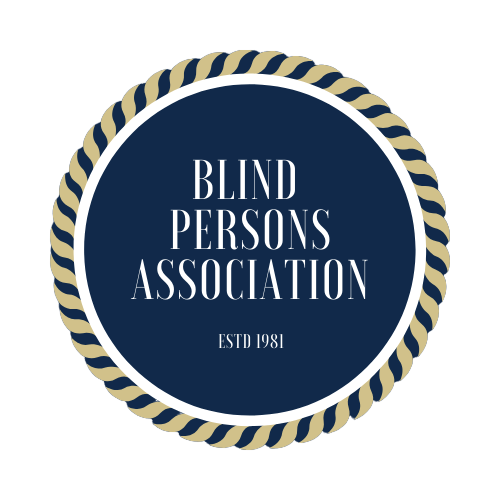Our Programs
BPA for the Blind was set up to provide a helping hand to the blind. Our organization believes blindness is not a handicap but an opportunity in seeing the world, living in it differently and uniquely. Our goal is to provide high standard welfare, support the visually impaired through education, employment, scholarships and accommodation to promote their independence, dignity and quality of life.
We hope to make sustainable, self-managed, participative changes to blind people's lives, be it through teaching how to read and write Braille, or providing access to a Braille library, and in the long run provide advocacy measures with the Government of India to promote improved policy making or through financial assistance. The primary objective of the organization is Celebration of life by embracing blindness and not seeing it as hurdle.
We are actively seeking Volunteers
A few hours a week goes a long way, See how you can help.



